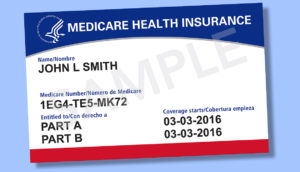 Today’s top story: 3 times debt can be a helpful tool. Also in the news: How to buy stuff that lasts, how to plan for big expenditures, and how small daily purchases really affect your long-term finances.
Today’s top story: 3 times debt can be a helpful tool. Also in the news: How to buy stuff that lasts, how to plan for big expenditures, and how small daily purchases really affect your long-term finances.
3 times debt can be a helpful tool
When debt serves a purpose.
How to Buy Stuff That Lasts
Finding truly reliable and durable products isn’t always easy.
How to Afford Big-Ticket Items for the Year
If you need to make a big purchase this year, such as furniture or an appliance, plan around sales and your budget.
How Much Do Small, Daily Purchases Really Affect Your Long-Term Finances?
Your avocado toast or morning coffee is not to blame for your debt.
 Today’s top story: 5 ways to protect yourself from Medicare fraud. Also in the news: A new episode of the Smart Money podcast on questioning the 50/30/20 budget, 5 credit card mistakes to avoid during tough times, and the cheapest places to buy an acre of land in the United States.
Today’s top story: 5 ways to protect yourself from Medicare fraud. Also in the news: A new episode of the Smart Money podcast on questioning the 50/30/20 budget, 5 credit card mistakes to avoid during tough times, and the cheapest places to buy an acre of land in the United States.